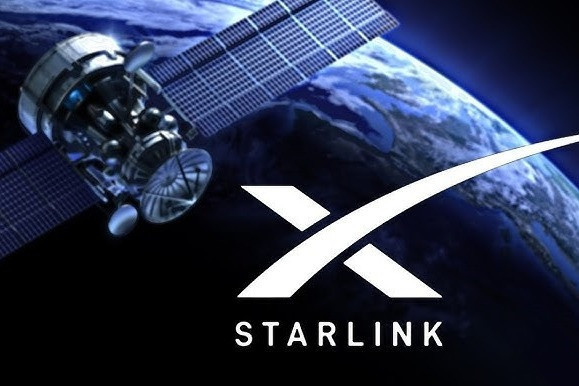
According to Decision No. 659, issued on March 23 by the Prime Minister, Space Exploration Technologies (SpaceX) from the United States has been granted permission to pilot the provision of low-Earth orbit (LEO) satellite internet services in Vietnam.
The pilot program is conducted under the principle of ensuring national defense and security and complies with Resolution No. 193, issued on February 19, 2025, by the National Assembly, which encourages innovation, technology development, and digital transformation.
Key aspects of the pilot program
SpaceX will be allowed to invest and operate telecommunications services using LEO satellite technology with no restriction on the percentage of foreign ownership or capital contribution.
This unprecedented policy is part of Vietnam's strategy to enhance broadband coverage, especially in remote, mountainous, and island areas where terrestrial telecom infrastructure is limited.
The pilot program will run for five years from the date the company is granted a business license and must conclude before January 1, 2031.
The license will cover both fixed satellite services (including internet access and private leased circuits for mobile broadcasting stations) and mobile satellite services (such as maritime and aviation internet access).
SpaceX will also receive a frequency and radio equipment usage license under a streamlined process, replacing the need for individual licenses for end-user equipment.
Service coverage and subscriber limits
SpaceX will be permitted to deploy its services nationwide, with a maximum subscriber count of 600,000, including both direct subscribers and resellers.
To maintain operational standards and compliance, SpaceX must meet various requirements related to service types, deployment scope, maximum subscriber limits, frequency usage, and national defense and security protocols.
Monitoring and oversight
The Ministry of Science and Technology will oversee the pilot program in coordination with the Ministry of National Defense and the Ministry of Public Security to ensure compliance with regulations and operational safety.
The ministries will also monitor license issuance, amendments, and withdrawals, as well as conduct inspections and evaluations.
In cases where SpaceX or its Vietnamese subsidiaries violate regulations, the government reserves the right to revoke licenses and terminate operations.
Boosting connectivity in remote areas
According to government statistics, Vietnam’s mobile network covers 99.8% of the population, but the actual land coverage is only 58%, and territorial coverage, including maritime areas, is around 14.5%.
Meanwhile, 83% of households have fiber optic internet, leaving 17% - primarily in remote areas- without access.
The introduction of Starlink satellite internet aims to address this gap by providing high-speed broadband connectivity to underserved regions.
The government hopes that the pilot project will enhance Vietnam's global image, attract foreign investment, and promote technological innovation.
Global success of Starlink
As of August 2024, SpaceX’s Starlink has been deployed in over 110 countries, with approximately 4 million subscribers.
In the ASEAN region, countries like Malaysia, the Philippines, and Indonesia have already allowed 100% foreign-owned companies like SpaceX to provide satellite internet services.
By adopting similar policies, Vietnam aims to leverage foreign technology to boost its digital transformation and expand broadband access nationwide.
Van Anh